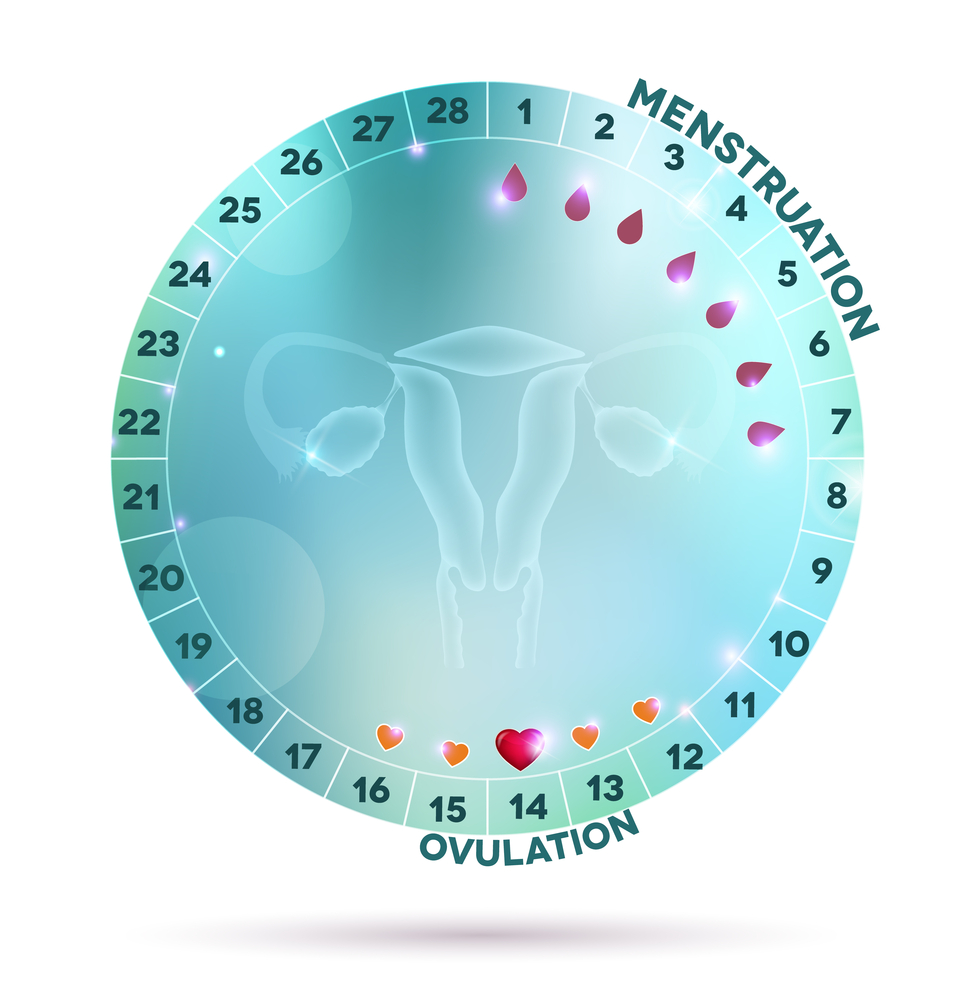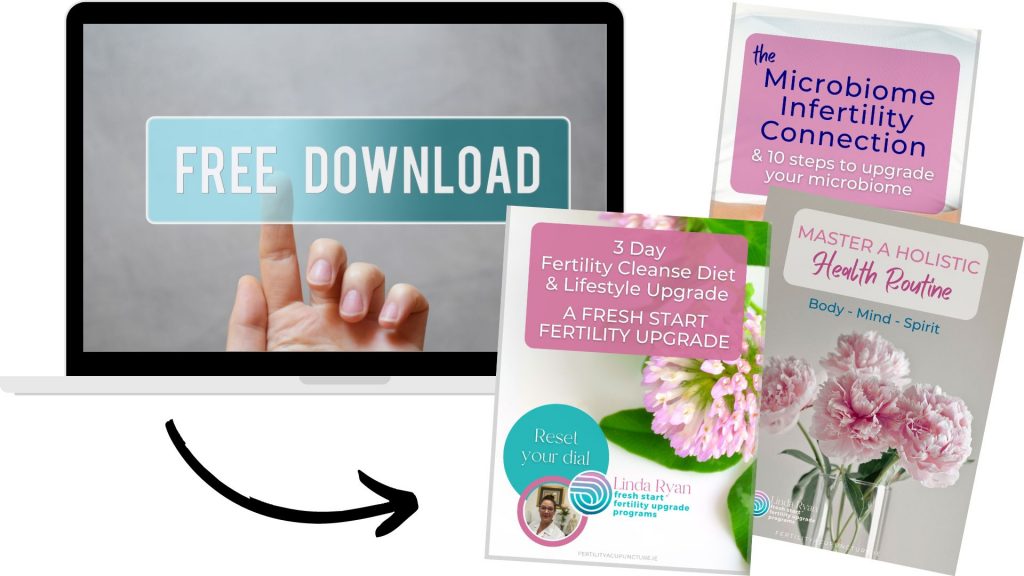Day 3 Bloods
What are Day 3 Bloods?
Day 3 bloods is the common name for the hormone testing of a blood sample performed on the 3rd day of your menstrual cycle. This test can also be performed on Day 2 or 4 as well, so sometimes it can also be referred to as “Day 2 Bloods” or “Day 4 Bloods”, but they are all the same hormone test, looking for the same thing.
The reason for the variation of the actual day when the blood is drawn for the test is because sometimes you just can’t have it done on Day 3 (for example due to it being a weekend and the doctor’s office is closed or you have to work that day). As long as you are in the window of about days 2 to 4 you are fine. There are now convenient at home tests you can take (see below).
You start counting your Cycle Day 1 from the first day of full flow menstrual bleeding, not when spotting starts. Timing of these blood hormone tests are important because different hormones are released during different stages of your menstrual cycle. Each reproductive hormone sets up the necessary stages of the menstrual cycle (thickening the womb lining, maturing eggs, triggering ovulation, etc.)
What is the purpose of the Day 3 Blood Test?
Hormones are messages that tell your body what to do and when to do it. The menstrual cycle is driven by very particular hormones. The purpose of testing these particular hormones on these particular days of your follicular phase (the beginning of your menstrual cycle up to ovulation) is to determine if you have all the hormones to start a menstrual cycle that will allow for your lining to thicken and eggs to mature properly in follicles so that ovulation can happen. The Day 3 bloods cover the first half of your cycle, Day 21 bloods can shed light on the important second half of your cycle. These Day 3 bloods can also help indicate if menopause/ perimenopause is starting to happen.
What Hormones do Day 3 Bloods test? A Day 3 bloods test usually measures the following hormone levels:
- Follicle Stimulating Hormone (FSH): This is produced by the pituitary gland and is responsible for stimulating follicular growth and the egg maturation process (eggs mature within follicles). High levels of FSH on Day 3 sometimes may be associated with diminished ovarian reserve and may be an indication of menopause beginning.
- Oestradiol: This is produced by the ovaries and levels should be low in the early days of the luteal phase of your menstrual cycle. High day 3 levels may indicate a cyst in the ovary or diminished ovarian reserve as well.
- Luteinizing Hormone (LH): This is produced by the pituitary gland and levels increase before ovulation. An LH/FSH ratio of greater than 2:1 or 3:1 may be a diagnostic indication of Polycystic Ovarian Syndrome (PCOS).
- Prolactin: High prolactin levels can interfere with ovulation. Both luteinizing hormone (LH) and follicle-stimulating hormone (FSH) are necessary for ovulation to occur. If your prolactin level is too high then this could interfere with the secretion of LH and FSH. Any change in LH and FSH can cause ovulation and menstrual abnormalities. The normal range for hormone levels will vary between laboratories. A possible cause of excess prolactin being secreted is sometimes due to a tumor in the pituitary gland. High prolactin levels can be successfully treated with medication.
- AMH (anti-mullerian hormone): This hormone is secreted from cells in developing follicles. AMH levels will give an indication of what your ovarian reserve/ “egg supply” is. AMH can be tested on any day in your menstrual cycle, it is just usually added in with the Day 3 bloods because you are having blood drawn anyway. This test is often referred to an “ovarian reserve test”, “egg count” or “egg supply test”. CAUTION: I routinely have women come in to my clinic feeling devastated because their doctor told them that their “egg count is low” and they feel they panicked that have only a few eggs left. It is very important to note that although the terms “ovarian reserve”, “egg count” and “egg supply” sound like they are counting how many eggs you have left, this test does NOT actually count the precise number of eggs you have left. The term “egg count” is very misleading. The AMH test shows the current capability of your ovaries to provide immature eggs for maturation within a follicle (only mature eggs can reach ovulation and subsequently be fertilised and result in pregnancy). Ask your doctor for a detailed explanation of these test results.
Remember, if you are trying to get pregnant, you need to have a complete menstrual cycle, what happens after ovulation is important as well. So getting Day 21 Blood tests can determine your hormone levels for the second half of your cycle.
At Home Hormone Tests
There are at home tests for the above hormones, FSH, Oestradiol, LH and Prolactin.
The home AMH test is separate, but it can also be conveniently purchased online, just do a Google search to find a retailer
Always consult your doctor for medical advice, explanation of medical tests and procedures.
Day 3 Bloods & Menopause
When menopause/ perimenopause begins, the reproductive hormones begin to wane, the menstrual cycle changes: The cycle length can get shorter or longer and eventually it stops. Symptoms like mid-cycle spotting, insomnia and hot flashes may occur. This Day 3 Blood test as well as Day 21 Blood tests can determine your hormone levels and if you are starting to enter menopause / peri menopause. Hormone levels usually start to change at around age 40, but some women may experience early onset menopause.
Get our FREE kickstart Guides to help you get on the path to resetting your dial:
FREE 3 Day Fertility Cleanse Diet & Lifestyle Upgrade
Yours FREE to help kick start you moving in the right direction
-
The 3 Day Fertility Cleanse Diet
-
The Lifestyle Guide: Learn about hormone disrupting chemicals & ways to eliminate them
-
The How to Master a Holistic Health Routine for your Body, Mind & Spirit Lifestyle Guide
- The Microbiome Infertility Connection & 10 Steps to Repair Your Microbiome Upgrade Guide
-
Click below to learn more & gain access for FREE


